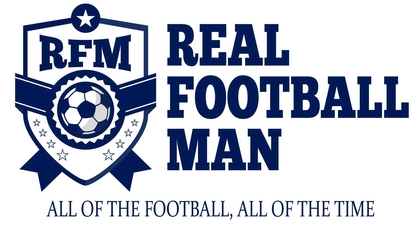Europe, the powerhouse of football, is facing the most serious challenge to its domination of the world game as Fifa president Sepp Blatter seeks revenge for European associations’ attempt to unseat him from the leadership of the sport’s governing body.
On the field Europe has never been more powerful. European nations have won the past three World Cups: Italy in 2006, Spain in 2010 and Germany in 2014. The best world players are on display every week in the continent and the Champions League is the most prestigious league in the world. But in two weeks’ time, in a committee room in Zurich, Fifa will hold an emergency executive meeting which could decide that there should be fewer European teams in the 2018 World Cup in Russia.
The meeting will come a day after Fifa’s presidential election, which has seen Europe mastermind the campaign to unseat Blatter, right, whose recent stewardship has seen the body embroiled in a series of corruption scandals.
Europe wants 15 of the 32 World Cup final slots available but non-Europeans, arguing this is grossly unfair – no other continent has ever had more than six – would like a more equitable slicing of the cake. This could reduce Europe from its current tally of 13 to 10, making it harder for European teams to qualify.
Two of Blatter’s three opponents for the Fifa presidency are Europeans, including legendary Portuguese player Luís Figo, and there is much European anger that the 78-year-old Blatter went back on his word to retire and is seeking a fifth term. Blatter is expected to win but, as one insider told Newsweek: “Blatter wants to teach Europe a lesson. To schedule an executive committee meeting the day after the election has never happened before and is a sure sign of his thinking.”
Some Blatter supporters have gone public on cutting Europe back to size. Jeff Webb, who runs football in North and Central America and the Caribbean – and is seen as Blatter’s successor – has pointed out that all other world competitions run by Fifa, like the Under-20 tournament, have proportional representation. “But for some reason for the men’s World Cup sports politics takes over and we have it wrong. Let’s correct that wrong.”
In Zurich, Europe will argue that World Cup places should be decided on merit. As Gianni Infantino, secretary general of Uefa, which runs European football, puts it: “Nineteen of the top 32 ranked associations are European. To crown the world champions you must have the best teams. Football is not like the Olympic Games where the key is to participate. In football the importance is to win so it is about sporting results and the sporting results are clearly for Europe.”
But as past decisions by Fifa, like awarding the 2022 World Cup to Qatar, show, logic does not always prevail. And, as one Fifa executive member told Newsweek: “If it comes to a vote, Europe with eight votes in the 24-man executive, will be in a minority.”
 Real Football Man All of the Football, All of the time
Real Football Man All of the Football, All of the time








